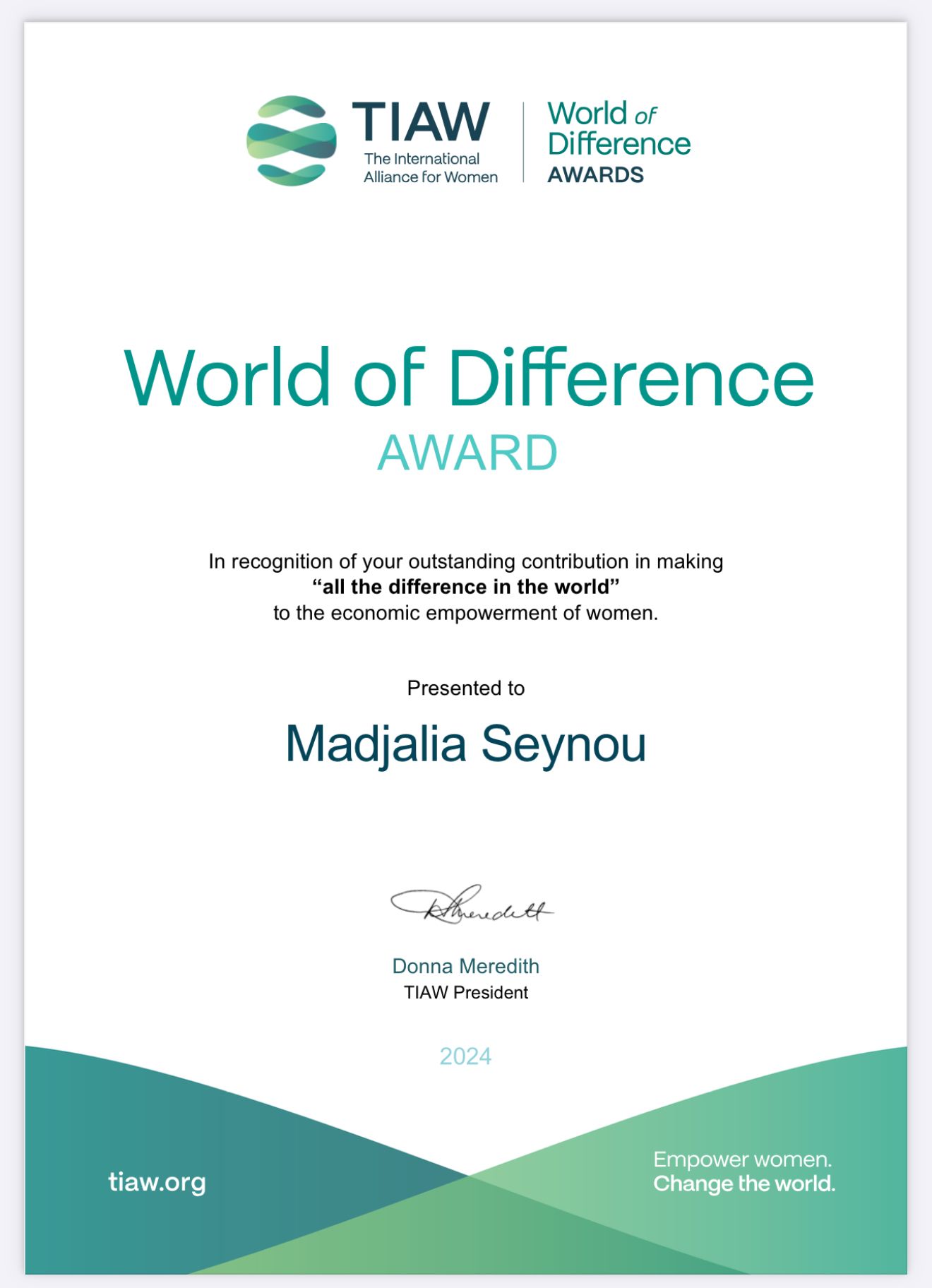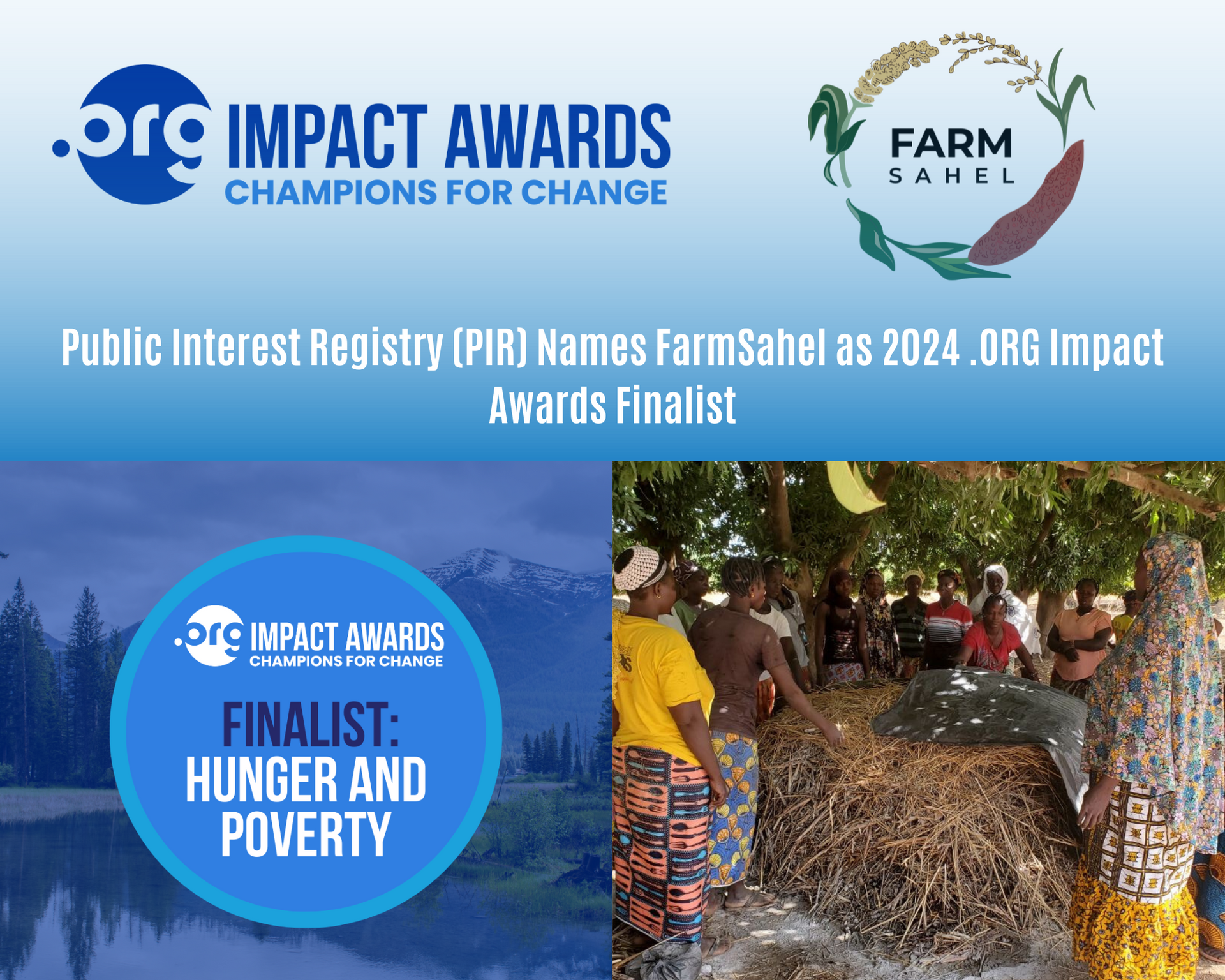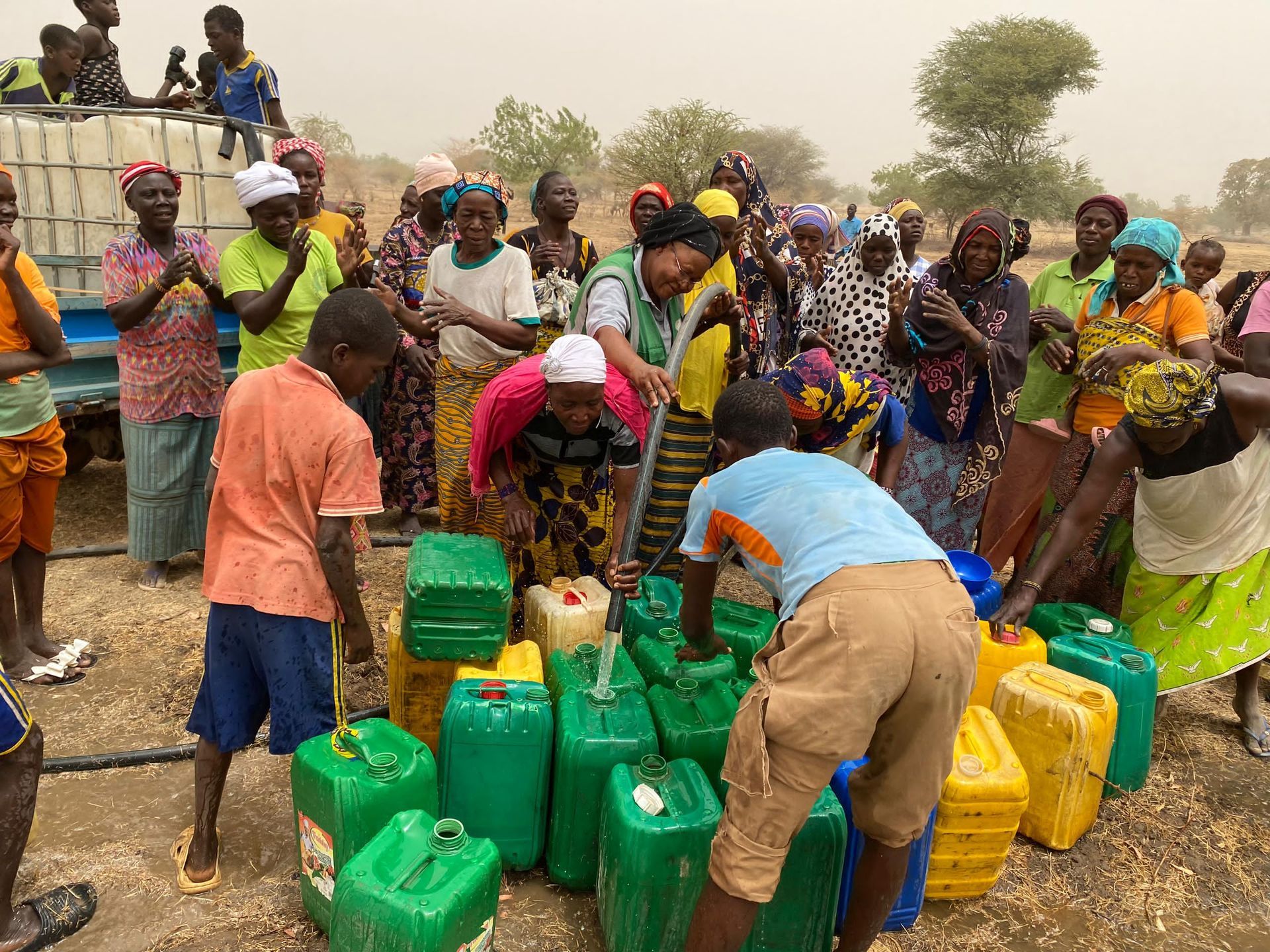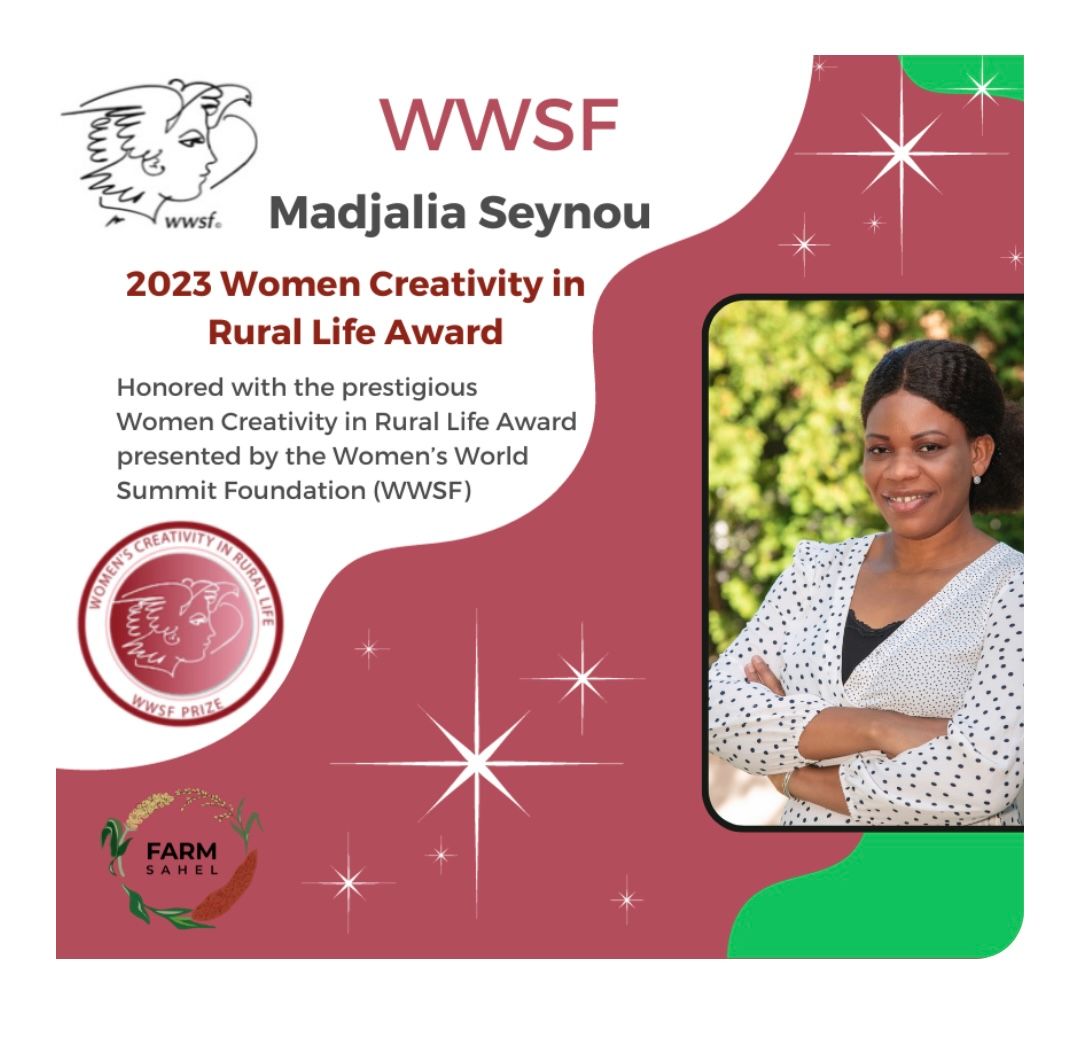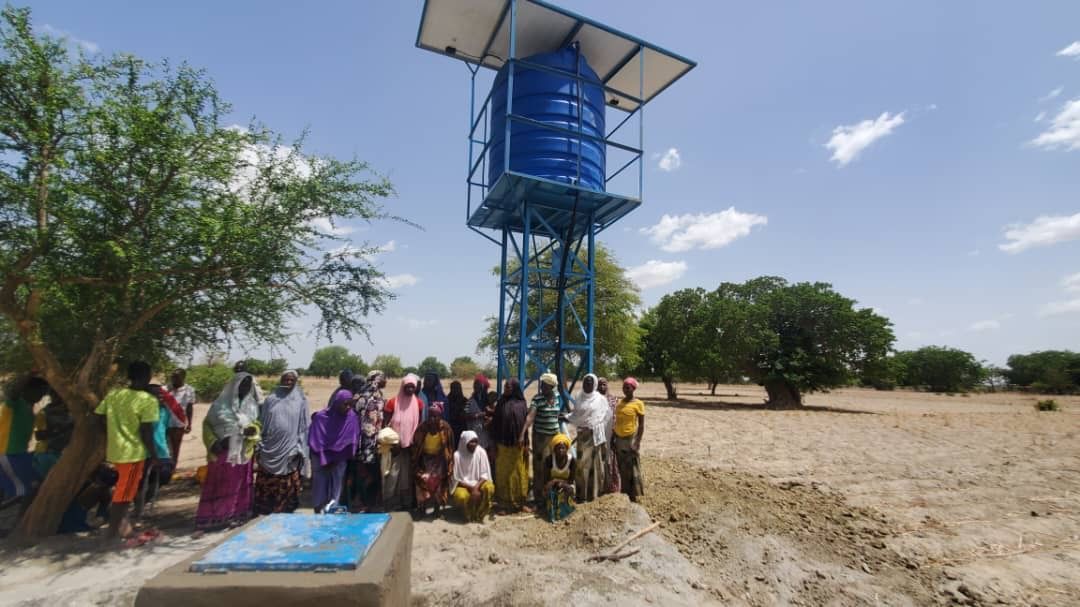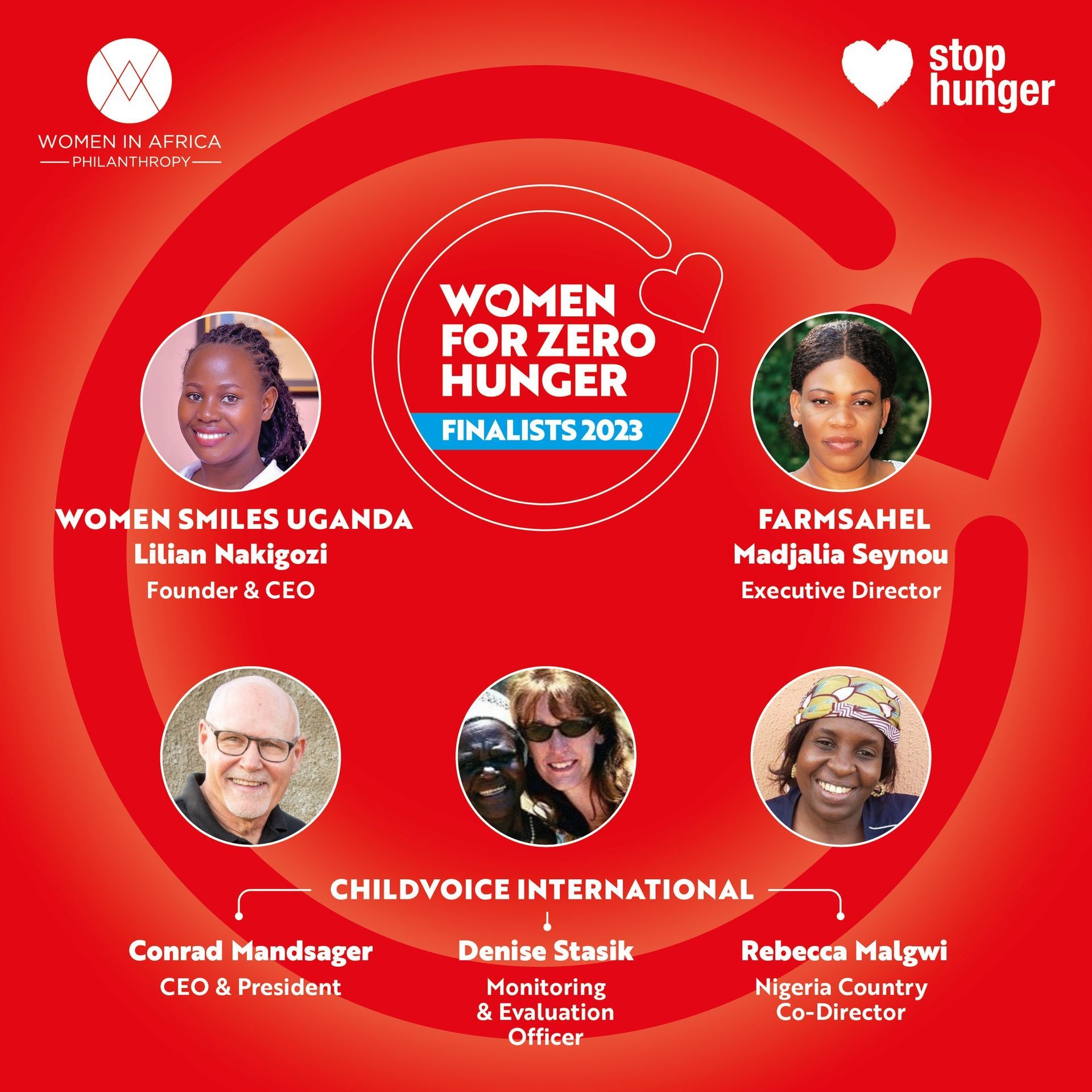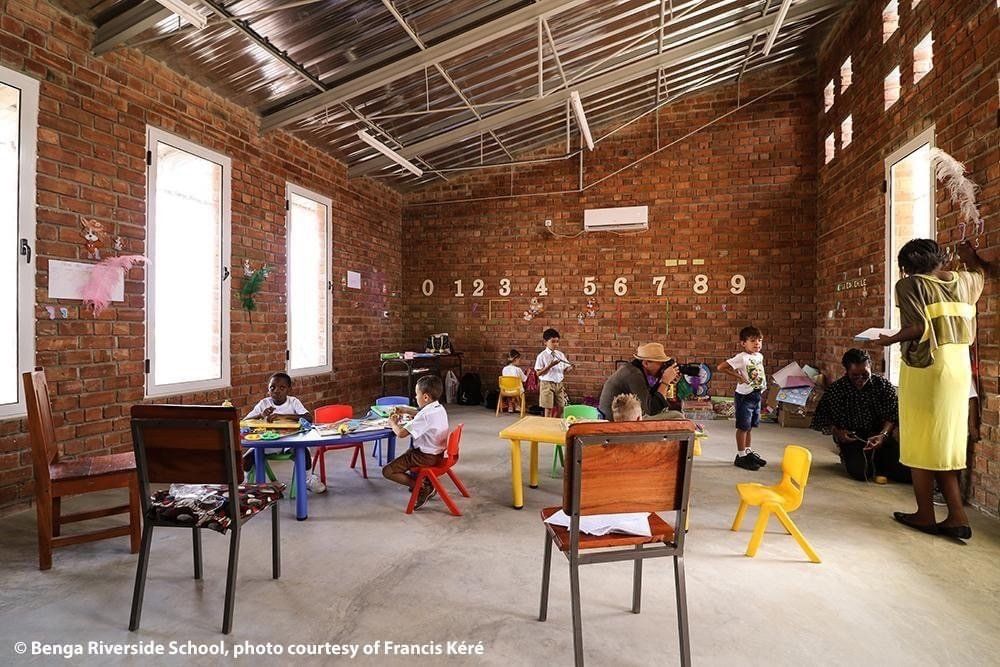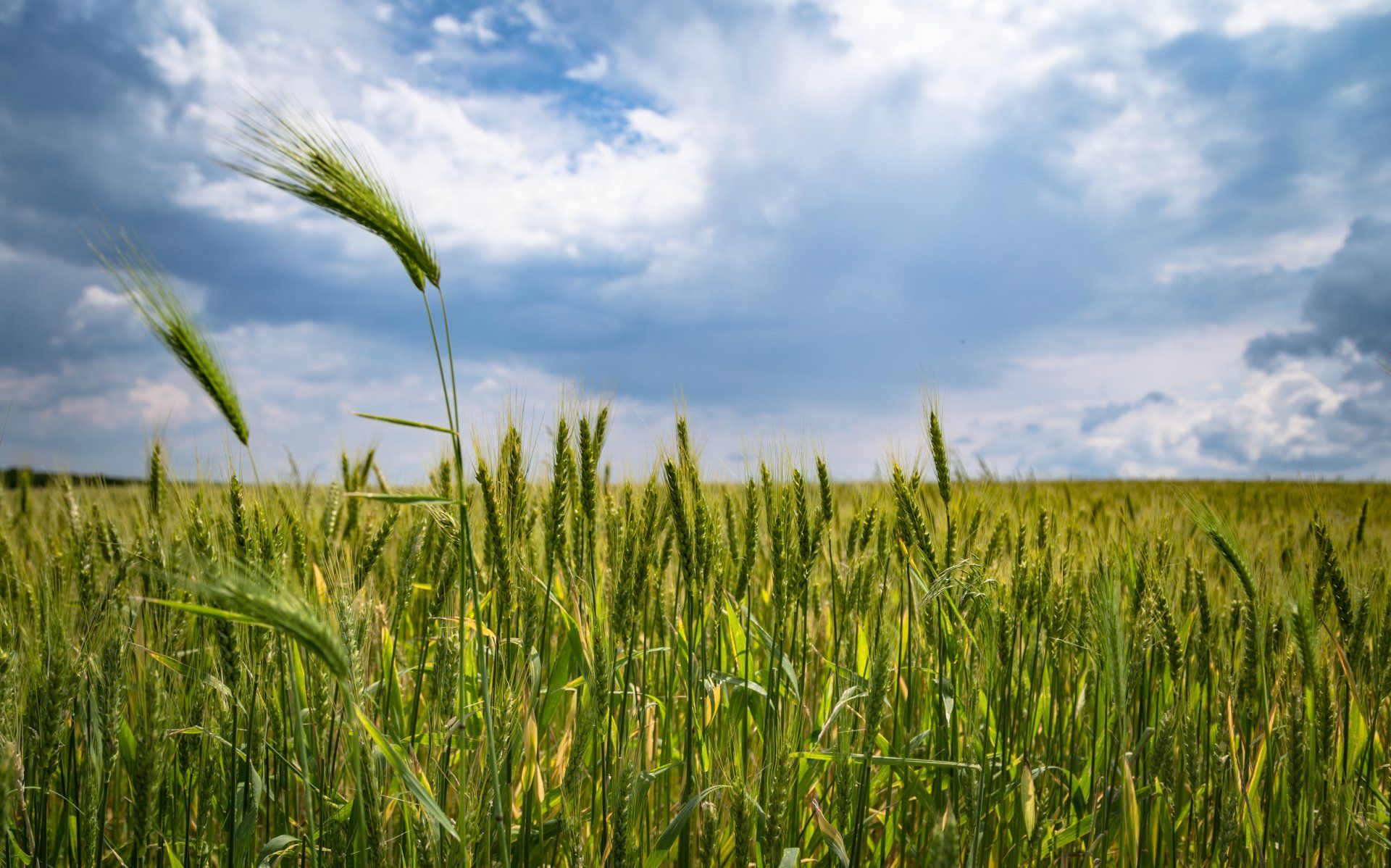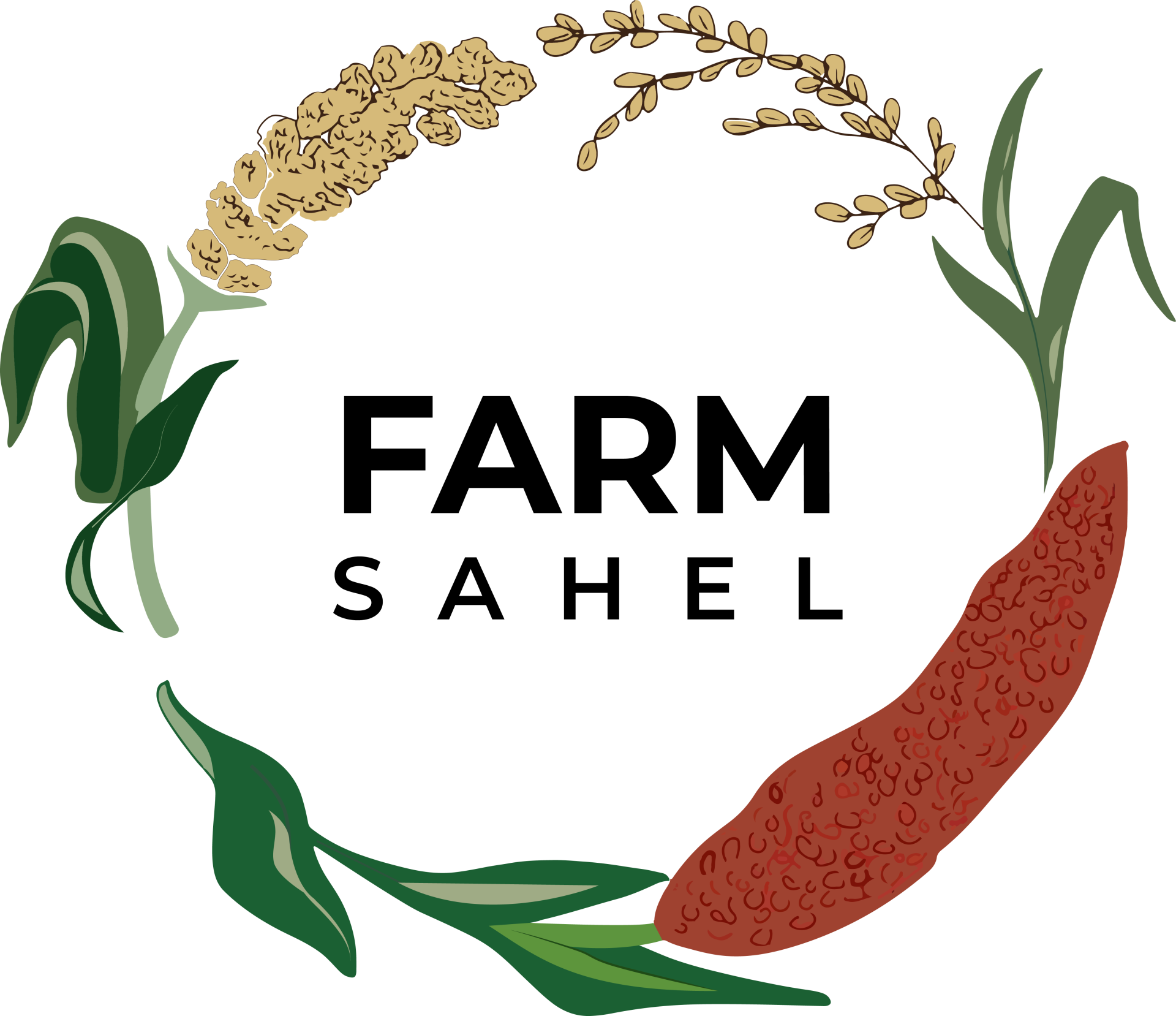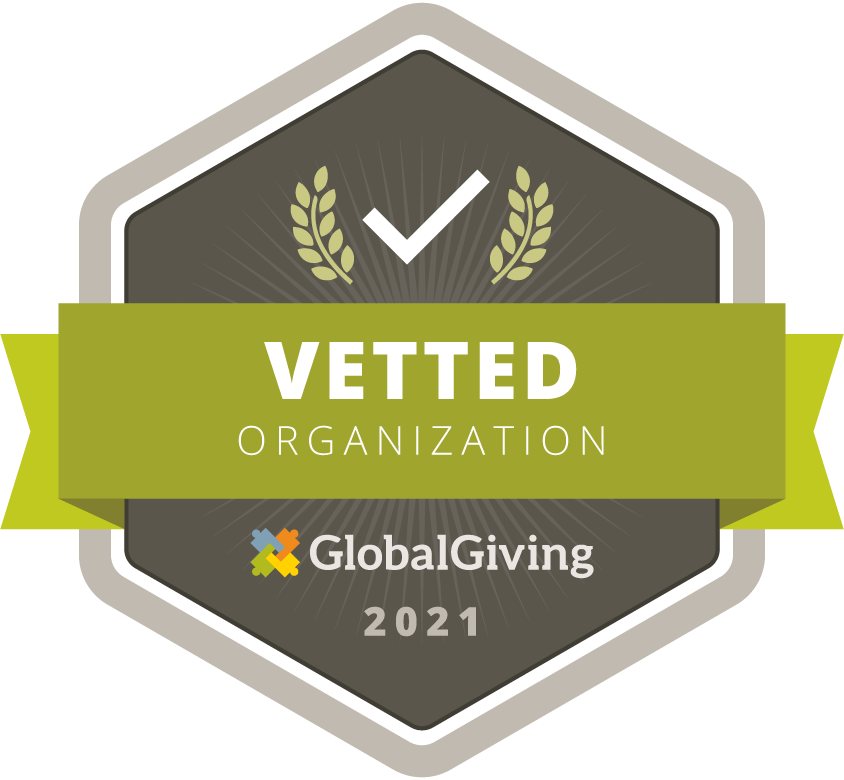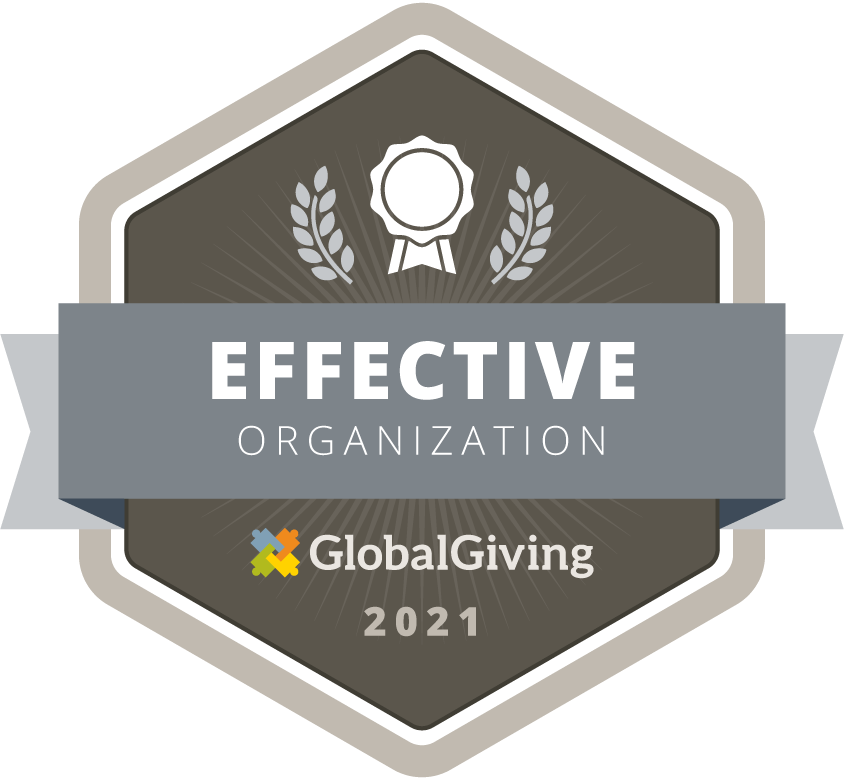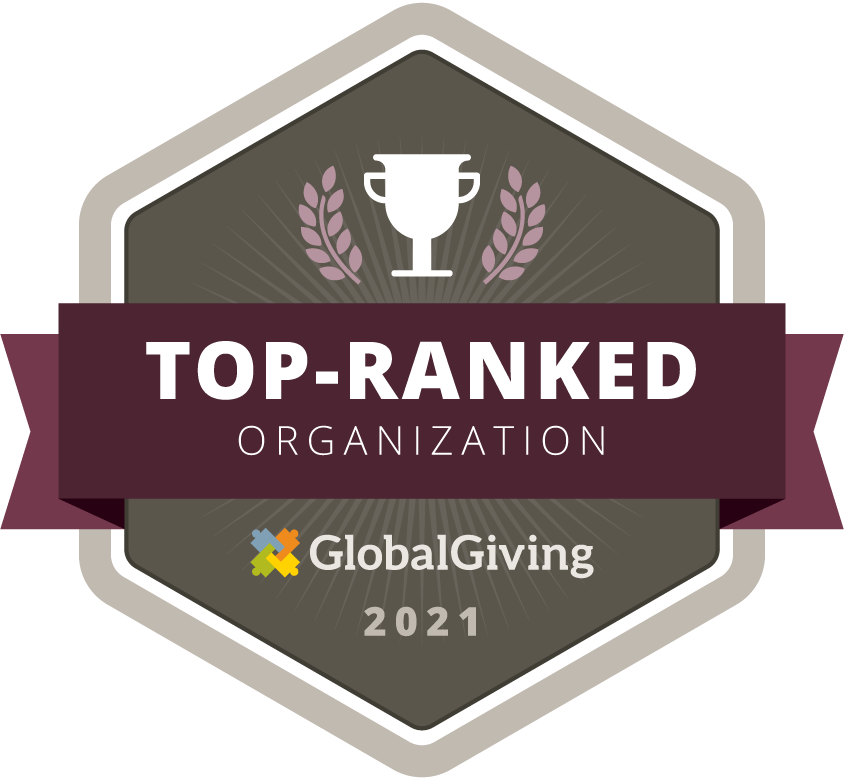Coup’s Effect on Foreign Aid
Nearly three months have passed since a military coup overthrew Burkina Faso’s government on January 22nd. It was the third country in the region within 18 months to experience a military coup, allowing the international community to be prepared to take action. The first international community to act was ECOWAS or the Economic Community of West African States. ECOWAS consists of 15 member states, although the community has previously suspended Mali and Guinea for their military coups. The community thus suspended Burkina Faso’s membership and stated that the coup was a setback for democracy in the region. It called for the previous Prime Minister Kabore and others detained during the coup to be released. However, Aljazeera’s Africa correspondent states that a suspension from ECOWAS will have little effect.
During an emergency meeting in February conducted by the remaining members of ECOWAS, they discussed the possibility of sanctioning Burkina Faso. During the other military coups in the area, ECOWAS took an unpredicted step and brought sanctions against Mali and Guinea. However, the community decided against such sanctions for the time being. Instead, ECOWAS laid out demands for the interim government with the threat of sanctions looming. ECOWAS wants the junta government to develop a timetable for the country to return to a democracy. They also called on the deposed prime minister Kabore to be released, or vowed sanctions would follow.
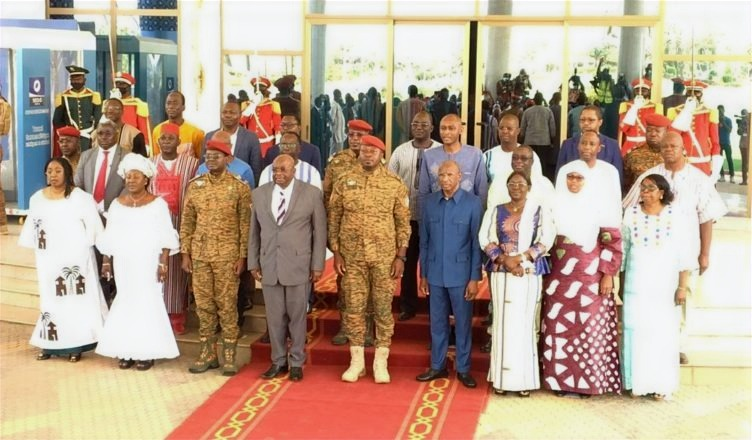
While these are just threats from ECOWAS, a more devastating aftereffect from the coup is foreign nations halting aid to the 144th poorest country in the world. In 2021 alone, Burkina Faso received about 349.8 million USD in foreign aid. Of this amount, the top three contributing countries were the United States contributing 37.3%, the European Commission contributing 13.6%, and Germany contributing 11.1%. Available open source databases showed the majority of this aid, 101.1 million USD, went to ‘unspecified sectors.’ Another 79.9 million USD went to food security, with the remaining aid dispersed amongst various humanitarian sectors.
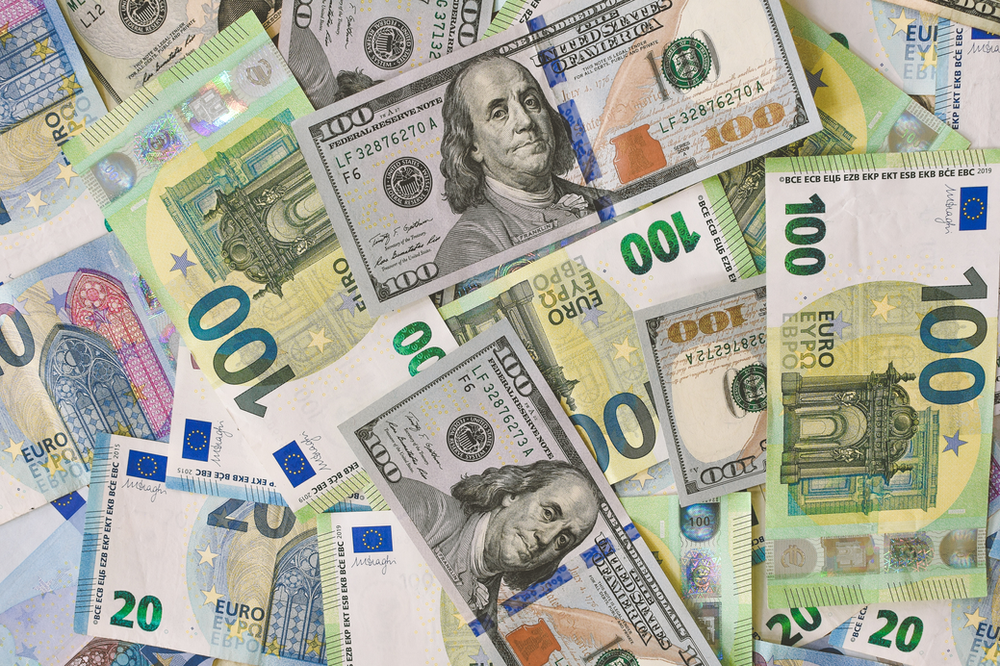
Humanitarian Sectors rely on this aid, especially with Covid-19 and devastating Malaria in the region. However, some significant countries that send aid are trying to block it, like the United States. In the United States, there is a law in place that explicitly prohibits foreign aid from going to a country where the head of government was deposed by a military coup or in a coup where the military had a decisive role. The only exception is if the aid is explicitly going to promote democracy. Reuters reported that the state department is restricting 158.9 million USD of aid to Burkina Faso with this law. However, the news agency reported that Congress was looking to overlook the law and still send aid notably to provide lifesaving assistance in the health sector.
While the State Department has temporarily blocked the aid, it is still up to Congress whether they will send it or not. Washington still has not formally declared that the new military junta government took power through a coup d’état. Further, the United States foreign assistance agency, called the Millennium Challenge Corporation, has halted $450 million worth of aid, typically funded throughout five years, according to Reuters.
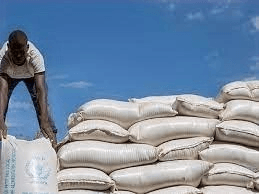
While aid is still blocked and ECOWAS is deciding on sanctions, the new government has been inaugurated. On March 3rd, the interim president Paul-Henri Damiba was officially inaugurated into office. Burkina Faso’s new military junta government is made up of 25 ministers, including the previous Minister of Defense. On March 3rd, a transition charter was signed by the new president and his 25 ministers. It stated that the transitional government would be in place for 36 months. Furthermore, it outlined that no one serving in the current transitional government could run for any election in the first election cycle. Lastly, the charter explicitly stated the military junta’s mission, “to fight against terrorism, restore the integrity of the national territory.”
With the new government disrupting agencies across the country, non-governmental organizations are more important than ever. With aid being halted, FarmSahel is still thinking of the everyday rural women farmers struggling to put food on the table. With the uncertainty of the government and the encroachment of terrorists, nerves are high. However, with your help, our team on the ground can continue to provide the food security every human deserves!
Our recurring donors are making a continuous impact and we are truly grateful for the ongoing support. If you are not yet a recurring donor, we warmly invite you to consider setting up a recurring donation.
Please also share this with your contacts and invite them to consider supporting our work.
If you have any questions, please feel free to email us at info@farmsahel.org.
